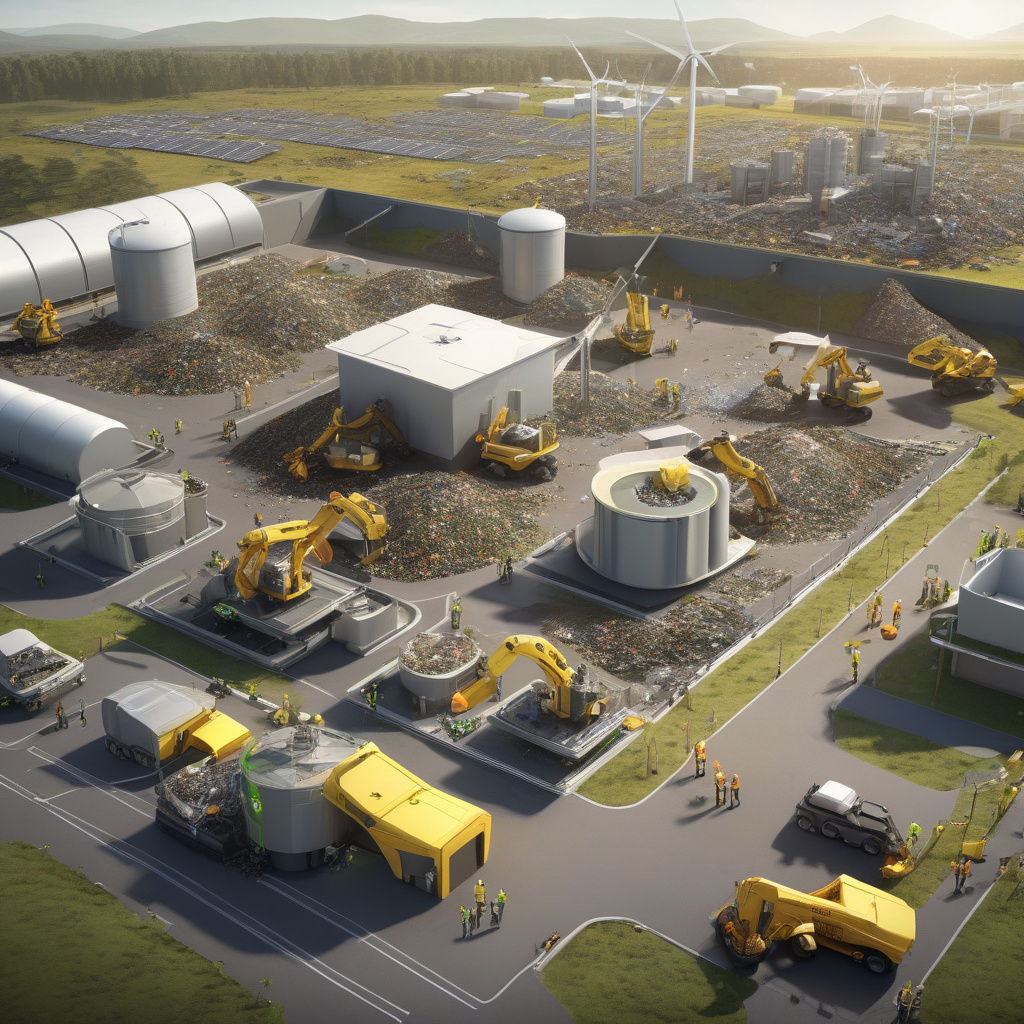In today’s fast-paced world, innovative modern technology is revolutionizing various industries, including waste management. With the ever-growing concerns about environmental sustainability and resource management, leveraging technology to optimize waste disposal processes has become crucial. This shift towards smarter waste management solutions not only benefits the environment but also enhances operational efficiency for organizations involved in waste disposal.
One remarkable example of cutting-edge technology making waves in waste management is the use of smart bins equipped with sensors and IoT capabilities. These intelligent bins can monitor their own fill levels in real-time, allowing waste management companies to optimize collection routes. By using data-driven insights from these smart bins, companies can reduce unnecessary pickups, minimize fuel consumption, and lower overall operational costs. This not only streamlines the waste collection process but also significantly reduces the carbon footprint associated with transportation.
Moreover, advancements in data analytics and artificial intelligence (AI) are being harnessed to improve waste sorting and recycling efforts. AI-powered sorting systems can quickly and accurately identify different types of materials in the waste stream, enabling efficient separation for recycling purposes. By automating this process, recycling facilities can increase their throughput, reduce contamination, and enhance the quality of recycled materials. This not only boosts recycling rates but also promotes a more sustainable approach to waste management.
Furthermore, the integration of blockchain technology is transforming waste management by enhancing transparency and traceability throughout the waste disposal lifecycle. By leveraging blockchain’s decentralized ledger system, stakeholders can securely track waste movements, transactions, and disposal methods. This level of transparency not only helps prevent illegal dumping and improper waste handling but also ensures compliance with regulations and promotes accountability across the waste management supply chain.
Additionally, the adoption of drones in waste management operations is showcasing new possibilities for monitoring and managing waste in challenging environments. Drones equipped with cameras and sensors can conduct aerial surveys of landfill sites, illegal dumpsites, and hard-to-reach areas, providing valuable data for decision-making. These aerial insights enable waste management authorities to identify potential issues, assess site conditions, and plan effective waste disposal strategies. By leveraging drone technology, waste management companies can enhance their surveillance capabilities and respond proactively to environmental challenges.
In conclusion, the integration of innovative modern technology in waste management is reshaping the industry landscape and paving the way for more sustainable practices. From smart bins and AI-powered sorting systems to blockchain-enabled traceability and drone surveillance, these technological advancements are driving efficiency, transparency, and environmental stewardship in waste management operations. By embracing these cutting-edge solutions, organizations can not only optimize their waste disposal processes but also contribute to a greener and more sustainable future for generations to come.

